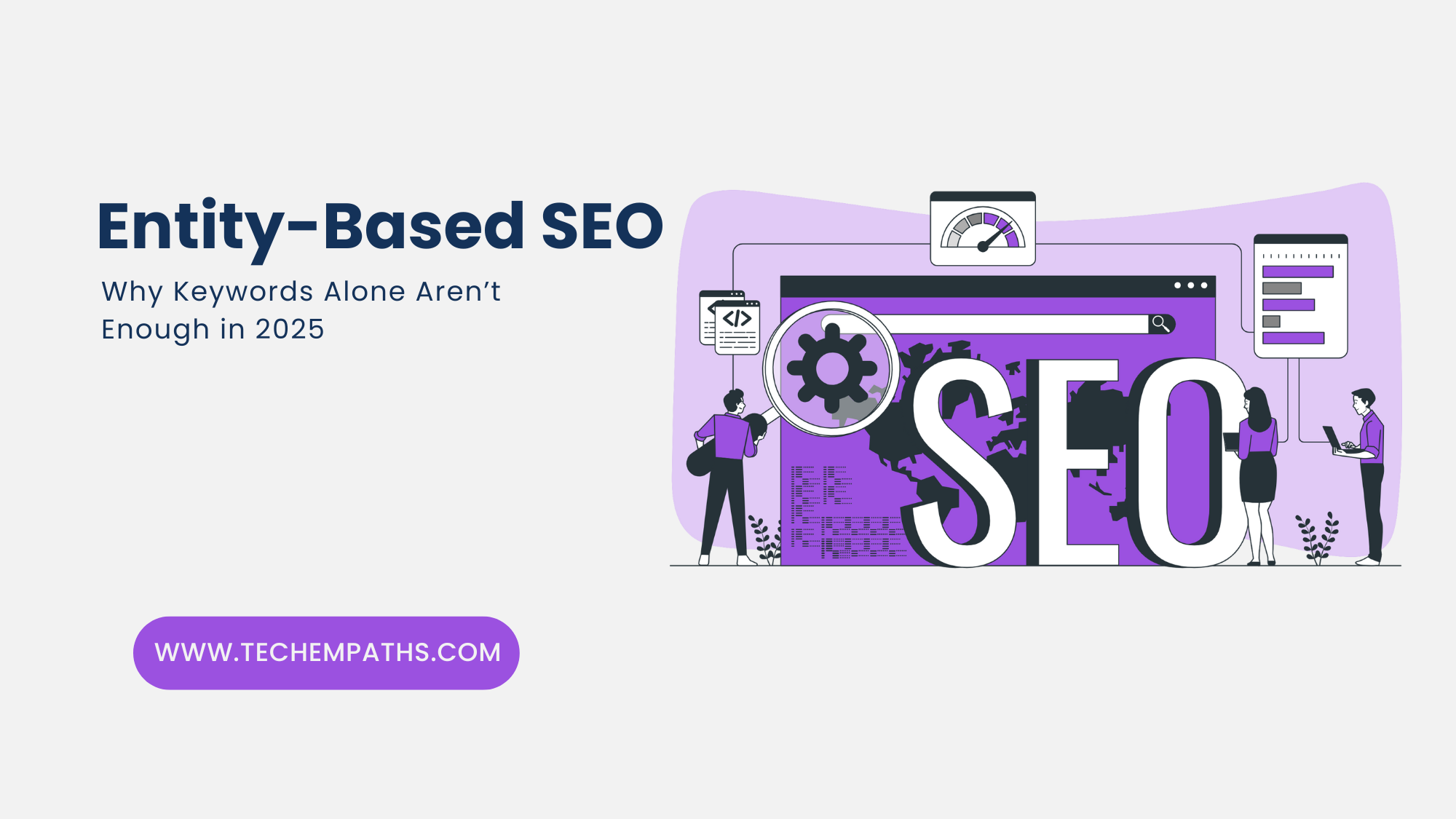1. Introduction: The Shift From Keywords to Entities
SEO has long hinged on keyword strategy—identifying and targeting phrases that users type into search engines. But as search engines evolve, that model is no longer enough.
Modern systems like Google, AI assistants, and answer engines focus on understanding meaning and context, not just matching phrases. This shift makes entities—unique, well-defined concepts—central to Entity Based SEO.
2. What Are Entities (And Why They Matter)
Entities are anything singular and unique—a person, place, organization, product, or concept. Google’s definition: “a thing or concept that is singular, unique, well-defined, and distinguishable”
Unlike keywords, which are text strings open to ambiguity (e.g., “Mercury” could mean planet or car), entities carry clarity and context.
Search engines leverage entities via tools like the Knowledge Graph, enabling better understanding of user intent and delivering precise results.
3. Why Keywords Alone Fall Short in 2025
- Ambiguity and Overuse: Keywords can be generic, vague, and confusing for search engines.
- Poor Context: Keywords lack surrounding meaning—context, related concepts, and depth—that entities provide.
- AI-Powered Search Needs: Tools like Google SGE, ChatGPT, and Gemini depend on structured understanding, not just keyword frequency.
- Authority & Entity Recognition: To build credibility, brands must become recognized entities via structured data, citations, and directories—not just keywords.
- Entity Salience & Semantic Relevance: Search engines evaluate how well entities connect within content rather than keyword stuffing.
4. Benefits of Entity Based SEO
- Greater Relevance & Context
Entities bring richer connections and context. Example: a travel blog that expanded from “Barcelona hotels” to include local cuisine, architecture, and cultural sites leveraged entity connections to rank better. - Better Alignment With Modern Algorithms
Optimizing for entities aligns with semantic search and AI preferences—it’s about cooperation, not trickery. - Enhanced Authority & Topical Depth
Covering a topic through its entities establishes expertise and authority—far more compelling than keyword farming. - New Visibility Opportunities
Entities help brands get featured in knowledge panels, AI-generated summaries, follow options in Google Discover, and voice search results. - Improved CTR & Engagement
Structured data and entity signals enhance perceived relevance, increasing click-through and user interaction.
5. Implementation Strategies for Entity Based SEO
a. Identify and Audit Core Entities
Map out key entities—your brand, products, people, and broader context via tools like Google Knowledge Graph or Wikidata.
b. Use Structured Data (Schema Markup)
Add JSON-LD or microdata to define entities and their relationships. This is vital for disambiguation and entity recognition.
c. Build a Mini Knowledge Graph Internally
Create your own entity network—define nodes (entities) and their relationships to reinforce topical coherence.
d. Strengthen Brand Citations and Mentions
Ensure consistent listings across directories (Google My Business, Yelp, LinkedIn, Wikidata). Secure citations in high-authority publications to validate entity status.
e. Focus on Contextual Internal Linking
Link content via semantic anchors, reinforcing relationships between your site’s entities.
f. Monitor AI Search Presence
Track how your entities appear in AI overviews, knowledge panels, voice search, and Discover follow features.
g. Use Graph Embeddings for Entity Retrieval (Advanced)
Recent research shows leveraging graph embeddings improves how entities are retrieved and ranked.
6. Notable Research & Thought Leadership
- Graph-Embedding Empowered Entity Retrieval (2025) — Analyzes how graph embeddings and entity linking enhance entity retrieval precision and recall.
- Query Brand Entity Linking in E-Commerce Search (2025) — Explores disambiguation of short, brand-centric queries using two-stage and end-to-end linking models.
- SEO & Semantic Trends Commentary
- Reddit: “Entities are like breadcrumbs for Google’s Knowledge Graph… telling Google exactly what your content is about.”
- Reddit: “Google’s NLP measures context, connections, and meaning.”
- Reddit (SEO terms 2025): “Entity-First Indexing… If you’re still focusing on keywords alone, you’re already behind.” .
- Reddit: “Entities are like breadcrumbs for Google’s Knowledge Graph… telling Google exactly what your content is about.”
- Industry Thought Pieces
- Forbes on using schemas and building knowledge graphs for entity SEO.
- SEO.ai blog illustrating entity connectivity and relevance.
- Neil Patel guiding businesses to list on directories and strengthen entity SEO.
- Forbes on using schemas and building knowledge graphs for entity SEO.
7. Suggested Keywords for the Article
Here are target keywords and keyphrases to help with SEO and visibility:
- Entity-based SEO
- Semantic SEO 2025
- Entity SEO vs keyword SEO
- Entity-first indexing
- AI SEO and entity optimization
- Schema markup for entities
- Knowledge Graph SEO
- Entity salience in SEO
- Structured data for entity recognition
- Generative search and entities
8. FAQs Section
Q1: What is the difference between keyword-based SEO and entity-based SEO?
A1: Keyword SEO targets phrases users type; entity SEO optimizes around clearly defined concepts (entities) with meaning and context, reducing ambiguity and boosting relevance.
Q2: Why should marketers care about entities in 2025?
A2: Because search systems increasingly use AI, structured data, and knowledge graphs requiring semantic accuracy—mere keywords are no longer enough.
Q3: How can I implement entity-based SEO on my site?
A3: Use Schema.org structured data, build entity-focused content clusters, list your brand in trusted directories, and strengthen internal and external contextual linking.
Q4: Will focusing on entities help with AI-driven search results?
A4: Yes—entities make your content more likely to appear in AI summaries, answer boxes, knowledge panels, voice search, and Discover follow feeds.
Q5: What tools or resources can help with entity identification?
A5: Use Knowledge Graph explorer tools, Wikidata, Schema.org, SEO.ai, and platforms like Geneo to map and markup your entities.
9. Conclusion: Embrace the Semantic Future
By 2025, focusing solely on keywords is outdated. Entity-based SEO—rooted in meaning, context, structured data, and semantic relationships—is how modern content gets discovered and trusted.
It aligns with AI-powered search, reinforces brand authority, and delivers richer experiences for users. In a world of generative AI and zero-click search, being a recognized entity matters more than ever.
Let me know if you’d like help expanding any section, crafting specific schema markups, or optimizing for AI-generated visibility!




Leave a Reply